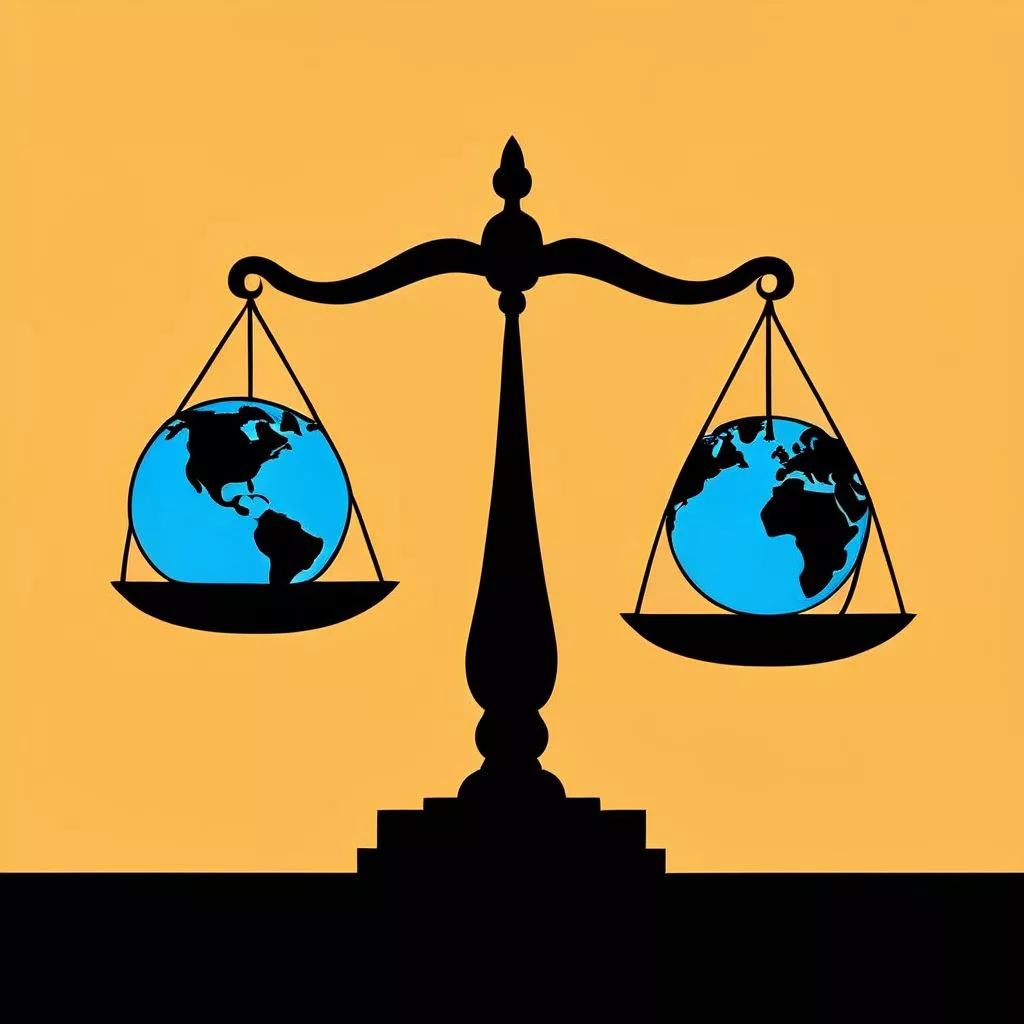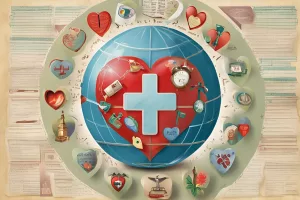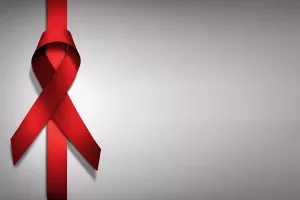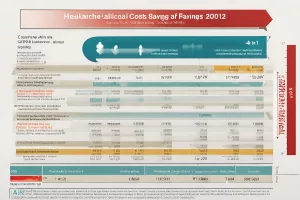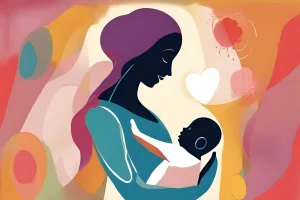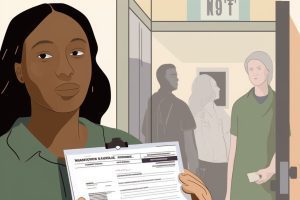Global warming is hurting the health of pregnant women and newborns. Rising temperatures can cause problems like preterm births and low birth weights, as heat stress makes it hard for mothers to stay healthy. This tough situation is even worse for women in poor areas, where they often live in hot, cramped homes and lack proper healthcare. To protect mothers and babies, we need better living conditions, healthcare support, and policies that consider the unique challenges faced by pregnant women, especially in vulnerable communities. Together, we can create a healthier future for all.
President Cyril Ramaphosa passionately called on world leaders to make the health of women, children, and young people a top priority. He highlighted urgent issues like genderbased violence and the need for better access to healthcare, especially as many women suffer in silence. With alarming statistics revealing millions of preventable deaths, Ramaphosa emphasized the importance of cooperation and financial support to improve health outcomes by 2030. His message is clear: investing in maternal and child health is essential for building stronger, healthier communities around the globe.
Former Miss World and Miss South Africa, Rolene Strauss, has opened up about her personal experience with HIV to break down the stigma surrounding the virus. After contracting HIV while caring for a patient, Strauss underwent postexposure prophylaxis while nursing her child and subsequently became an advocate for maternal and child health. She is now part of the ForeverWena campaign, which provides support and information to those in need, and emphasizes the importance of awareness, preparedness, and empowerment in tackling HIV.
The first 1,000 days of a child’s life, from conception until their second birthday, is a critical period for maximizing their potential and preventing stunting. In South Africa, where no benefits are available for pregnant women, extending the child support grant to cover the pregnancy period could potentially save the government $720 million over the first 1,000 days of children’s lives. A pilot study in the Western Cape province introduced a digital food voucher for impoverished pregnant women, showing promising results in improving nutrition and reducing financial stress. Providing sufficient support to pregnant women is an investment worth making for a healthier and financially stable future.
Pregnancy Awareness Week is a weeklong campaign aimed at raising awareness about the potential complications associated with teenage pregnancies and the importance of early antenatal care. The initiative focuses on reducing pregnancyrelated complications and minimizing adverse outcomes for teenage mothers and their newborns. The Health Department is leading this initiative, with goals of having 47% of pregnant women register for Basic Antenatal Care before week 14 and 72% before week 20. The week includes events at various City clinics, with a focus on maintaining health and wellbeing during pregnancy and offering additional services and support for women who want to prevent pregnancy.
In April 2021, the Gauteng High Court in South Africa ruled that free public health services must be provided to pregnant women and children under six years old, regardless of nationality or documentation status. The ruling resulted from a case brought by SECTION27, a public interest law center, on behalf of women who were denied access to care. However, many immigrant women, especially those from Zimbabwe, Mozambique, Lesotho, Malawi, and the Democratic Republic of Congo, still struggle to register for prenatal care.

